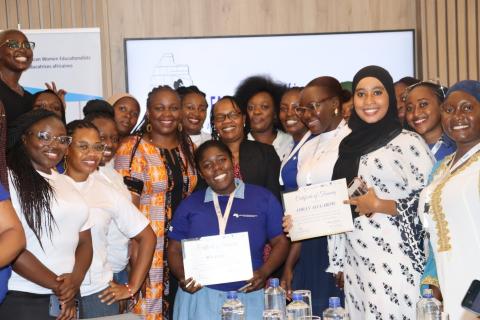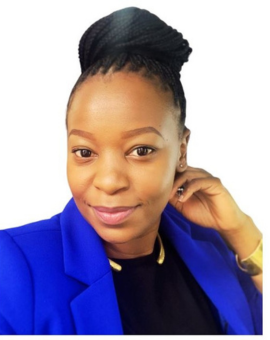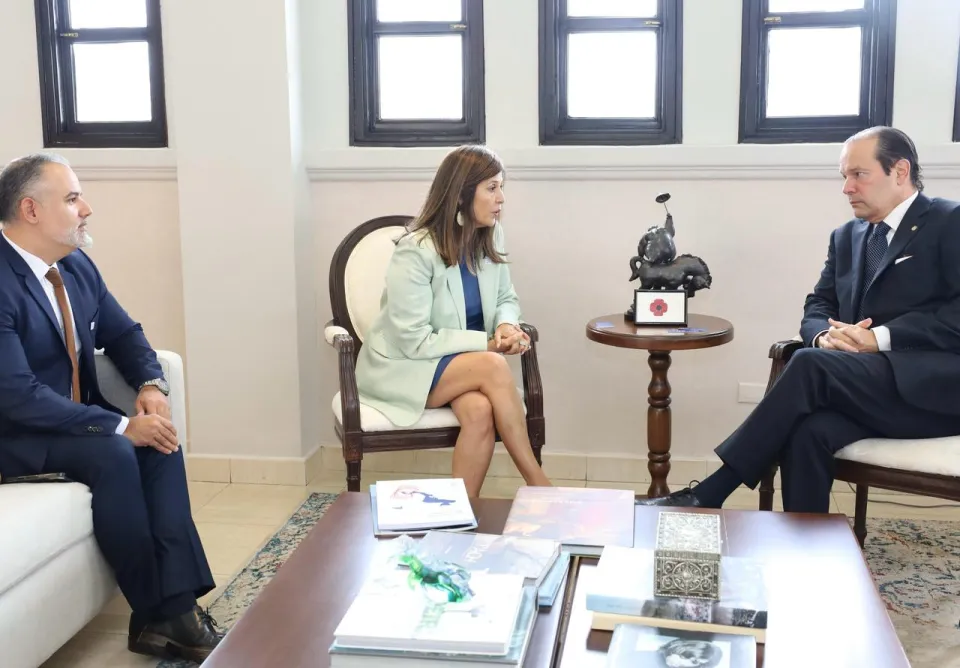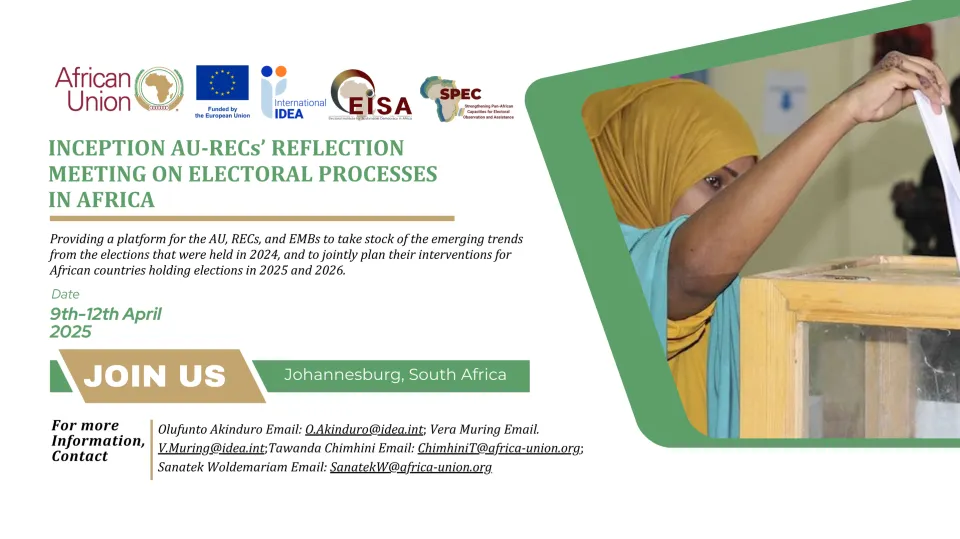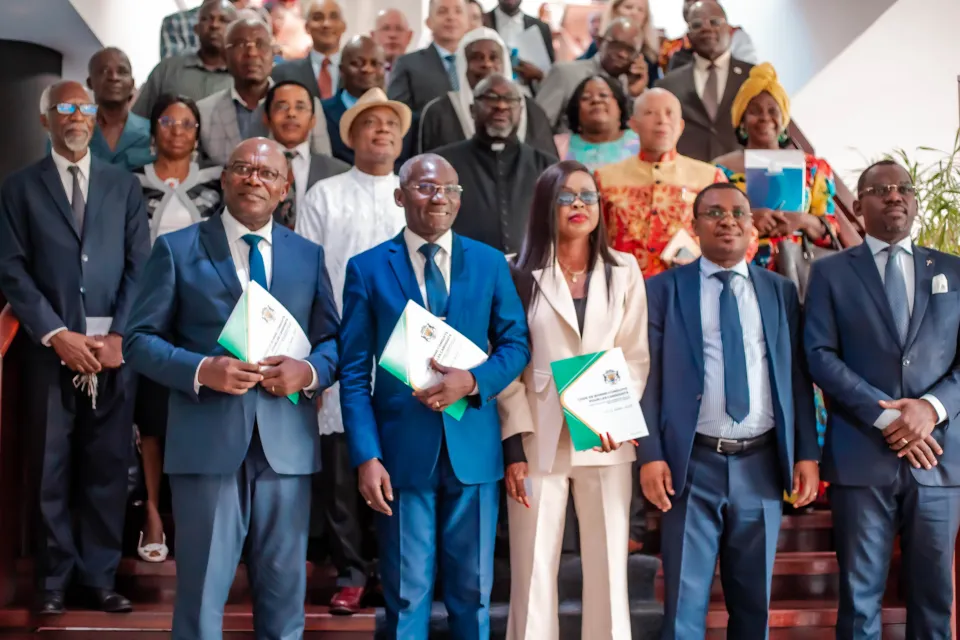How the Women Political Participation Academy is influencing Africa's politics
The academy sought to equip the participants with in-depth knowledge of Politics and Governance, International Legal frameworks, Transformative Leadership, Gender Mainstreaming, Disability mainstreaming, Communication, Public Relations, and Branding skills so that they are better positioned to navigate the political landscape.
The goal of the academy’s immersive training also equipped participants to effectively participate in political processes and raise their stakes as political leaders in Kenya and beyond borders. The training ensured that the women in politics appreciated their role in shaping the political narratives of their constituencies, country, and the continent of Africa by leveraging on the knowledge gained from the training through peer-to-peer learning and even inter-generational mentorship.
At the opening of the fifth WPP academy, former Deputy Head of Mission, The Hague - Netherlands, and ex-Kenyan senator, Ambassador Judith Sijeny, informed the academy participants that it is important that they join a political party to rally critical support in their quest for leadership.
“Political parties wield great influence for you. As academy participants, you must identify parties that align with your values, however, your relevance in politics goes beyond within the confines of your respective political parties,” she emphasized.
Mr. Andiwo Obondo, one of the academy trainers iterated Ambassador Sijeny’s take that mentors gained through intergenerational mentorship are crucial for political mileage. He further noted that male allyship is also important for women in politics especially because Africa’s political terrain is patriarchal.
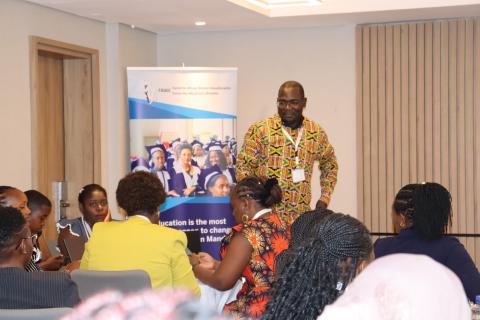
According to the UN Women Report on Kenya’s 2022 election analysis, while there was a nine percent increase in women’s gubernatorial representation in Kenya, only seven women emerged as governors. This translates to 40 out of the 47 counties having male governors. This statistic affirms the male dominance Kenyan politics.
Apart from the Woman Representative seat which is provided for within the Kenyan constitution in line with the two-thirds gender rule, six counties in Kenya; Garissa, Mandera, Marsabit, Kajiado, Samburu, and Nyamira counties did not elect women in any other elective seat according to the UN report. In the Northern part of Kenya for example, cultural elders, also known as council of elders, are gatekeepers of political gates.
One of the academy participants, Ms.Gedhia Mamo, who comes from Marsabit County noted that the council of elders can throw their weight behind a certain political candidate and that is enough to shift the scales at the ballot box and influence a positive outcome of an election. Ms Mamo vied for the Marsabit Woman Representative seat in 2022 Kenyan election and emerged second. She had initially eyed the Marsabit gubernatorial seat in 2022 but her Sakuye clan asked her to let go of that bid.
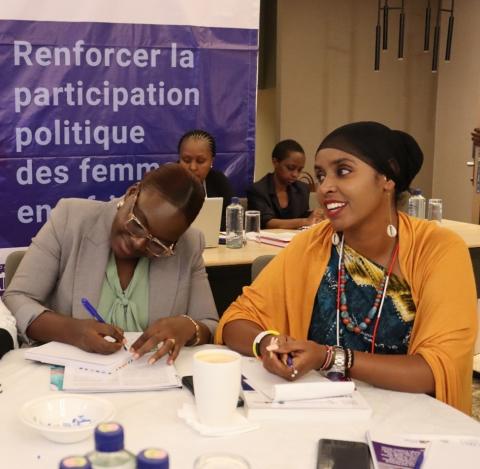
Mr. Obondo urged the academy participants to view the election as a process and not an event. “It is important that you strategize as soon as an election event ends. Not 3 months to the election voting date,” he clarified to the participants.
“Election involves research because manifestos must be informed by research.”
The academy participants were also informed about the relevance of having a campaign strategy. They were advised to take heed and deploy tactics that suit the different political contexts and the unique circumstances they face. Especially in Africa, what applies in one county or country varies from another. The tactics applied by one candidate are surely different from another. This means that it is important to understand the legal frameworks that are in place to support women in politics so that they are equipped to not only fight for their rights or fight against marginalization but also make use of tools like the Maputo protocol to steer their political course.
“Political parties and Election Management Bodies (EMBs) need to be sensitized on disability inclusion to ensure women in politics are not victims of marginalization by duty bearers. This will ensure barriers that discriminate women with disabilities, especially in service delivery and politics are better addressed,” said Hon Caroline Agwanda, an Advisor on disability inclusion.
During the latest research launch by Aga Khan University, Kenya on ‘The State of Women in the Media: Coverage and Framing of Women in East African Media', International Gender and Development consultant Okumba Miruka said it is important that journalists study gender so that it is seen in their work.
Media as the fourth estate is key in amplifying the stories of women by framing them from an objective and informed reporting lens. Women in politics need to know how to leverage media for political mileage especially because media in Africa is perceived as patriarchal.
FAWE’s Deputy Executive Director and Head of Programmes, Ms. Teresa Omondi-Adeitan, noted that FAWE’s strategic plan leans on building the capacity of boundary partners. Last year, FAWE hosted journalists and editors to a gender-mainstreaming training that also brought seasoned politicians on board so that both parties could better learn from each other and use digitalization to advance the course of politics.
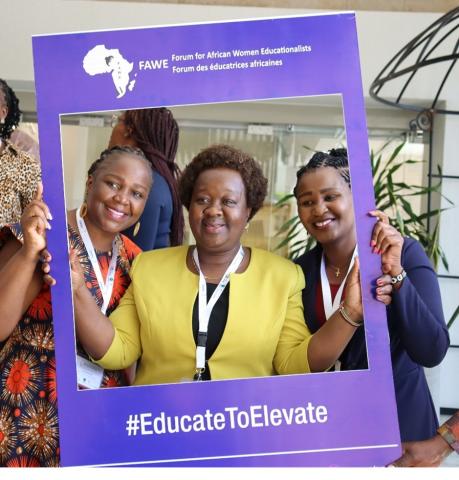
The academy’s training which includes communication will complement the knowledge gained from the gender-mainstreaming training. The Programme Officer for WPP, International IDEA, Sifiso Dube, further encouraged the women in politics to leverage on digitalization as enhancement of political participation depends on the advantages of digitalization.
In her closing remarks, Josephine Mwangi, WPP Programme Manager said the academy members are poised to spearhead the women's political agenda beyond the WPP academy.
